Key Takeaways
- Historically, shōnen films have rarely been viewed as canon, as they serve mostly as fun side stories.
- Newer shōnen films tend to continue the main plotlines, but that shouldn’t necessarily become the new norm.
- Shōnen films with minimal canon impact are fun sandboxes for animators.
|
Title |
My Hero Academia: You’re Next |
|
Director |
Tensai Okamura |
|
Studio |
Bones |
|
Release Date |
8/2/2024 (Japan), 10/11/2024 (North America) |
A little over two years ago, I wrote a piece about “non-canon” anime films, namely shōnen theatrical releases, whose stories typically have little impact on the main narrative. Looking back on it now, this feature addresses common complaints about them, but falls somewhat short of describing what makes projects like My Hero Academia: You’re Next so special.
As of the time of writing, My Hero Academia: You’re Next has grossed over $5 million domestically – $3 million of which was from the opening weekend – and over $31 million worldwide. This is also the first film in the series to be distributed via Toho International, a decision its president, Koji Ueda, attributed to the success of Godzilla Minus One last year.
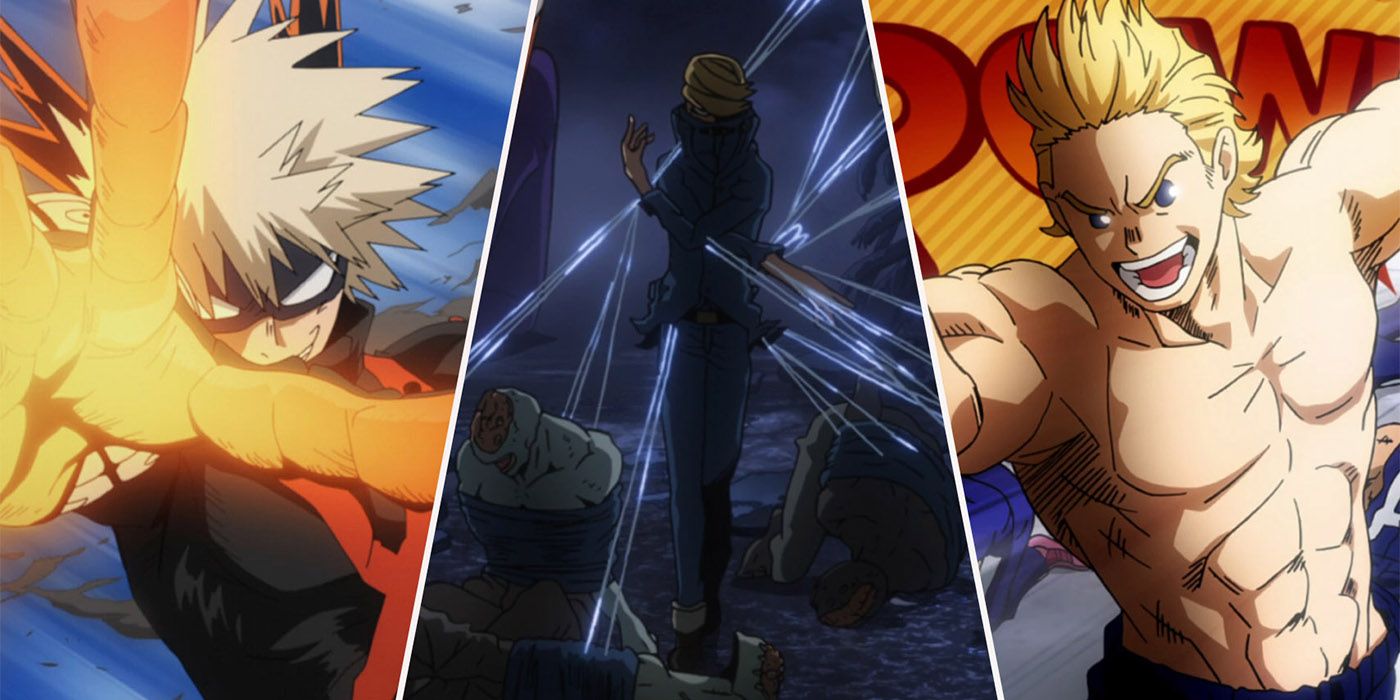
Related
My Hero Academia: The 44 Strongest Hero Quirks, Ranked
My Hero Academia’s Heroes have some pretty unique and interesting quirks. These are the strongest of them all.
The Quirks of Shōnen Films
Lately, it feels like the majority of anime fans agree that shōnen films rock. Even as movie buffs understandably despair about the precarious state of theatrical distribution, anime movies, in general, are getting bigger releases. Every new Dragon Ball film is a cause for excitement and even newer shōnen series like Demon Slayer or Jujutsu Kaisen blow up the box office when they hit the big screen.
With that said, it wasn’t so long ago that these kinds of films were seen as somewhat pointless, even among those who would happily admit they had fun with them. It’s hard not to see why, because conceptually speaking, they don’t stand to offer much, narratively. As original projects by the animation studios, with a variable degree of creative input from series’ authors, they typically exist between major story beats and are disallowed from influencing the narrative.
It Ends Where It Began
No matter what insanity occurs during the runtime – and it ought to be pretty big to warrant being made into a film – it can’t have a big impact on the main characters. They can’t develop in any way that might contradict their arcs in the main story; no significant character-defining injuries nor conclusions that change their philosophies. If there is some huge change, then it has to be undone by the end, the remedies for which can range from fairly creative to huge cop-outs.
The climax of 2019’s My Hero Academia: Heroes Rising poses a monumental change to the status quo (no spoilers) only for it to be reversed in a pretty brief and lazy fashion by the end. With that said, Heroes Rising still soars and a big reason for that is that, like a lot of good shōnen films, it creates original characters around whom the story tends to revolve. We know Deku isn’t going to bite the dust before the credits roll, but newer characters aren’t set in stone.
What Original Characters Bring to the Table
So, on the one hand, the stakes can still be quite high when the new characters are likable, and My Hero Academia nails its supporting characters. Melissa from Two Heroes is very charming and the kids from Heroes Rising are cute enough that the viewer wants to see Class 1-A come together to defend them. Rody Soul from World Heroes’ Mission might be one of the coolest supporting characters in the franchise, and his chemistry with Deku is the heart of that film.
On the other hand, a common complaint with shōnen films comes down to the lack of a strong plot. They tend to be fairly simple, no doubt for the same reason that the main characters remain stagnant, and this can inevitably hinder those same original characters. In our review of You’re Next, one of the flaws holding it back from greatness was that Giulio and Anna, the film’s central figures, weren’t as fleshed out as they could have been (especially Anna).
Are Canon Shōnen Films The Answer?
One potential remedy to these aforementioned problems is the recently proven trend of shōnen films that progress the main plot. Demon Slayer The Movie: Mugen Train was a direct continuation of Season 1, and it was hugely successful, after which the industry took note. Jujutus Kaisen 0 followed soon after and even Chainsaw Man’s next anime will be a movie rather than a second season. But this also presents new problems.
The way TV anime is distributed is often different from films, and even with theatrical releases growing larger, not every release is as big as another, nor is each territory catered to as well. Imagine missing the theatrical run of a film that’s required viewing for the next season. Now it’s a matter of waiting for the Blu-ray release or for the films to come to streaming, the latter of which might be especially long. Best case scenario, there’s a TV edit released down the line.
Perhaps over time, distributors will get smarter and plan accordingly to address the above inconveniences, but that’s beside the point. This isn’t about being in favor of canon shōnen movies or not. It’s about defending anime films that throw canon to the wayside for a few hours.
The Case for Anime Original Shōnen Films
Shōnen films that don’t move the plot forward should not only exist but continue to be made at every opportunity, because first and foremost, they are simply fun. They are a sandbox in which the animators can transplant the cast to new locales and go on adventures that co-opt an established rapport with the audience in the service of something big and bold. And there’s a solid example of how successful this storytelling can be – one that isn’t even shōnen.
2001’s Cowboy Bebop: The Movie does the same thing as every shōnen movie from the 2000s, and not only is it a great film, but it is arguably one of the best anime films of all time. The main characters don’t fundamentally develop in any way that might contradict the main story, nor do they have any major character arcs, but the new original characters, Electra and Vincent, certainly do.
Sure, a lot of this works in part because of the kind of story Bebop is inherently, that being an episodic series with no overarching plot. Nevertheless, it goes to show that this kind of storytelling can be done right. It’s not just about the spectacle or fan service, either, though that does play into what makes these films so exciting. More than anything, it’s about the animators themselves giving back.
Anime, Animators, and Authorship
Consider for a moment the number of people who fell in love with shōnen like Naruto, Bleach, or One Piece through programming blocks like Toonami throughout the 2000s. It’s fair to say that their affinity for these franchises is not merely owed to the authors of the original mangas. More directly, they resonated with the work of the animators and directors behind the adaptation, who inevitably took some creative liberties to translate the story to another medium.
As stewards of an adaptation, these artists irrevocably etch themselves into the cultural perception of a work of art, expanding the authorship beyond the original creator.
As stewards of an adaptation, these artists irrevocably etch themselves into the cultural perception of a work of art, expanding the authorship beyond the original creator. Their work is often judged based on its faithfulness, but just as often, the liberties taken come to be appreciated for their own merits. Just look at Studio Bones. They adapted Fullmetal Alchemist twice and both adaptations couldn’t be more different, yet both are beloved, even if the internet often says that Brotherhood is the superior one.
My Hero Academia: You’re Next Is a Reminder
Yet, when working on an adaptation, there is only so much the artist can do freely because they are operating within the confines of the original work. So imagine then, that they suddenly have an opportunity to do something original – to explore concepts and scenarios for these characters that they previously could only dream of. Shōnen films are an outlet for animators to unleash their potential in ways that might be otherwise limited. In a way, they are love letters.
My Hero Academia: You’re Next was a gorgeous, exciting, and ridiculously fun ride, in which Bones’ artists got to flex their skills on a global stage yet again. Despite some flaws, it was ultimately a story told well, with great pacing, and consistently fresh action scenes where the passion of the animators practically bled through the screen. So, as the landscape of shōnen changes, from the kinds of stories told, to the length of said stories, if there is one thing that must be preserved going forward, it’s films like these.
My Hero Academia is now streaming on Crunchyroll.
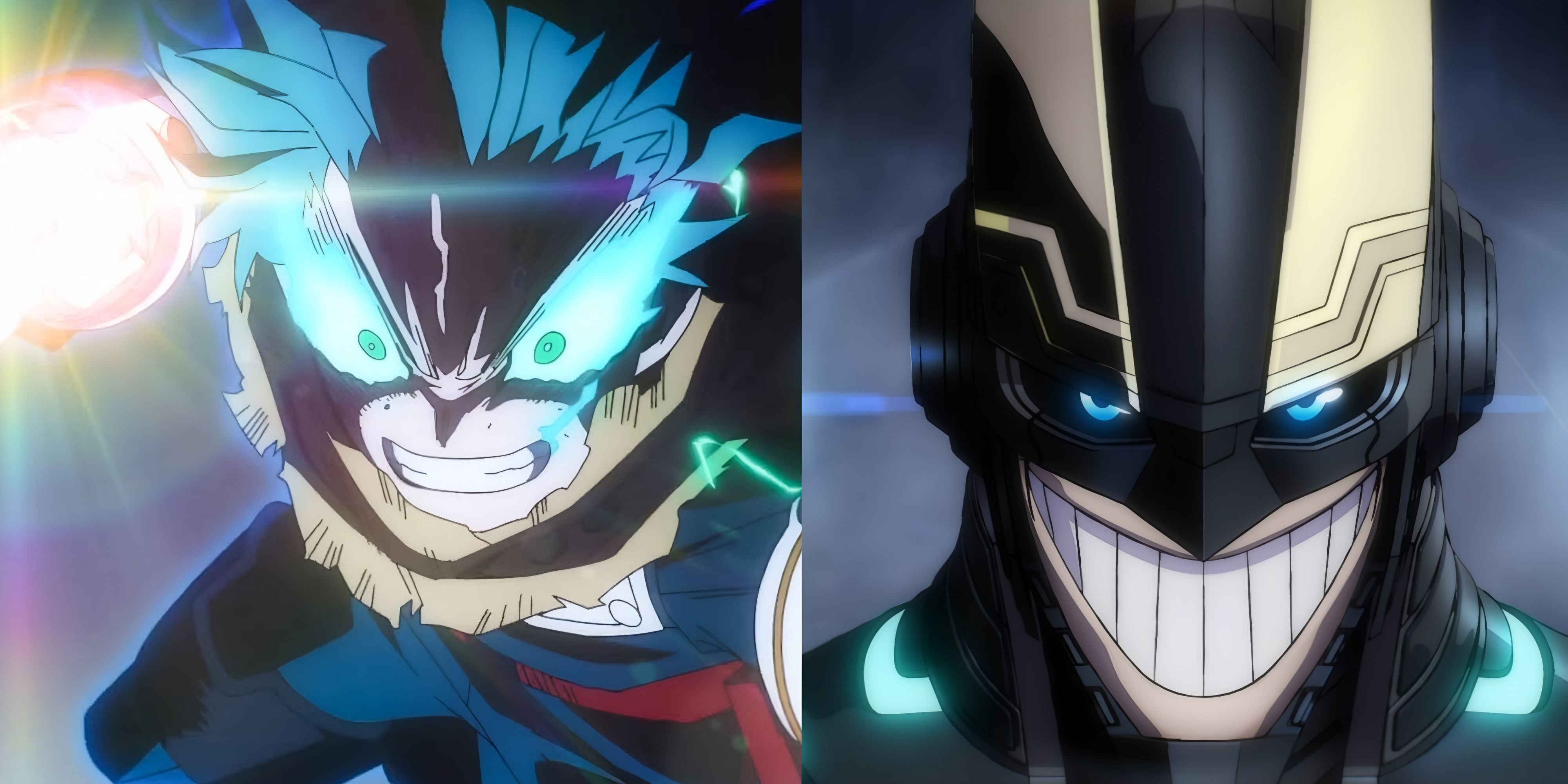
More
New My Hero Academia Books Delayed Till 2025
The new My Hero Academia books will now be released in the middle of 2025.
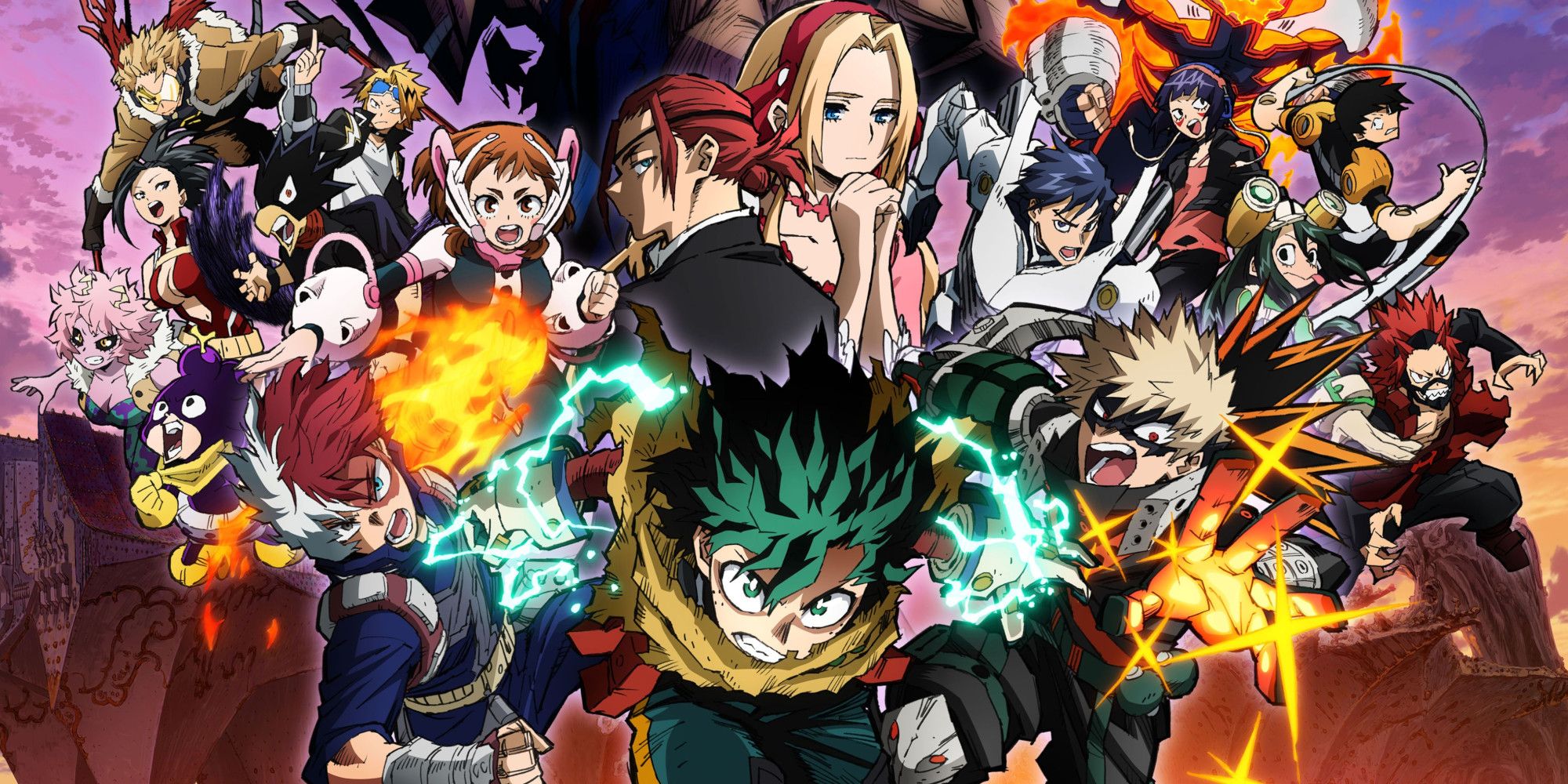
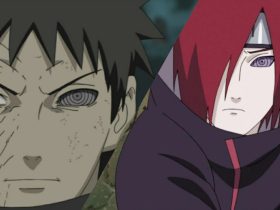
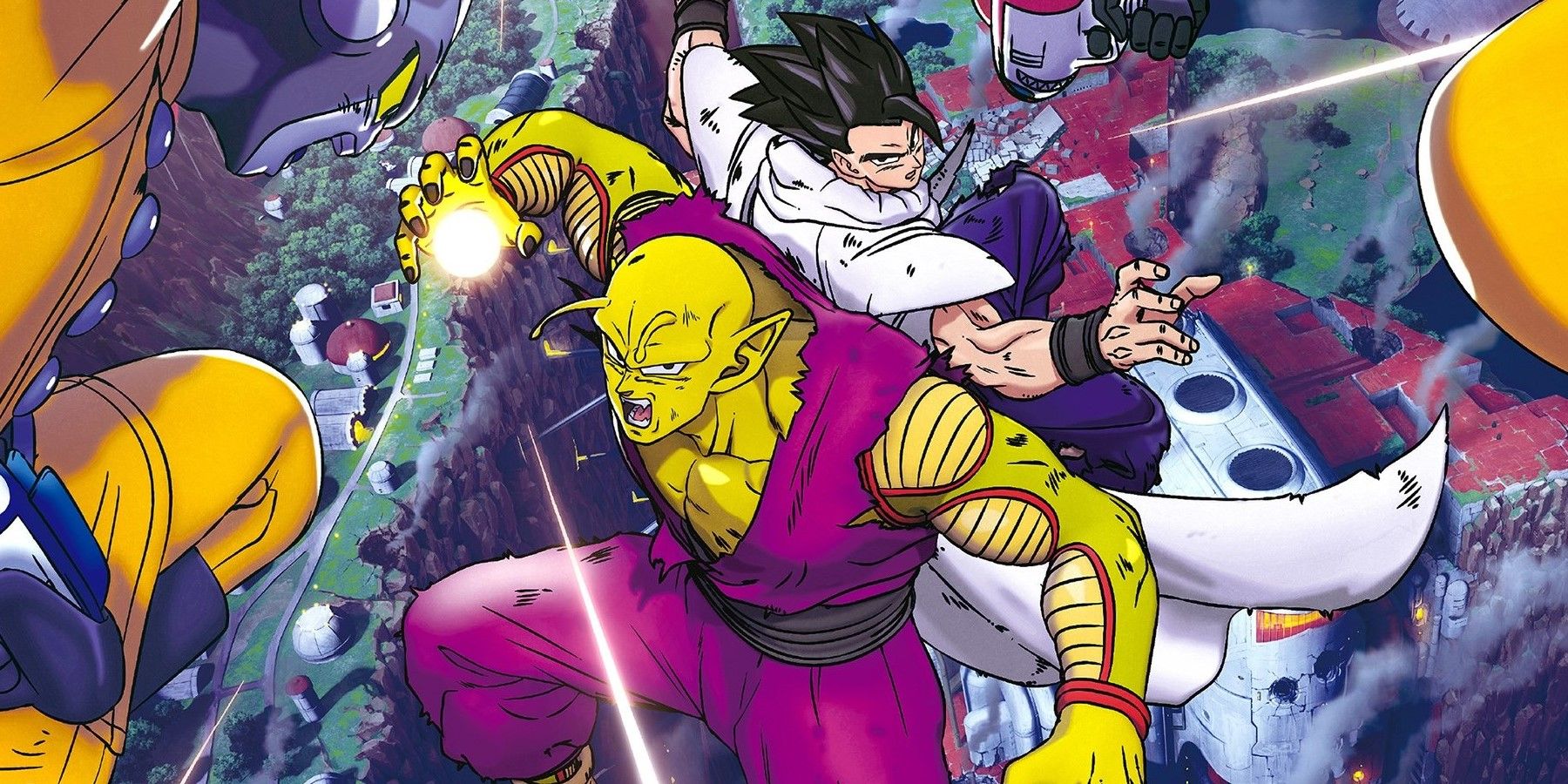
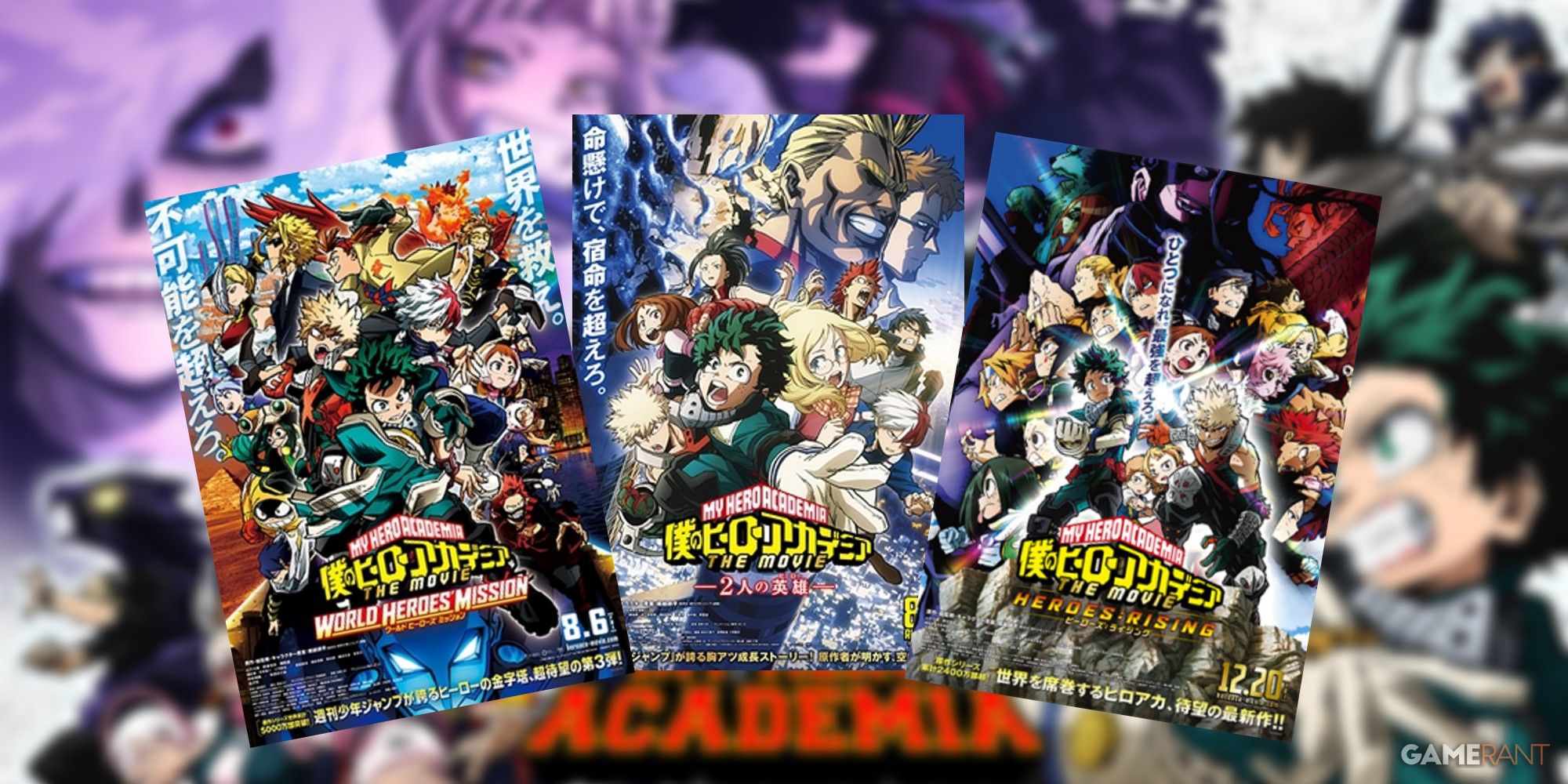
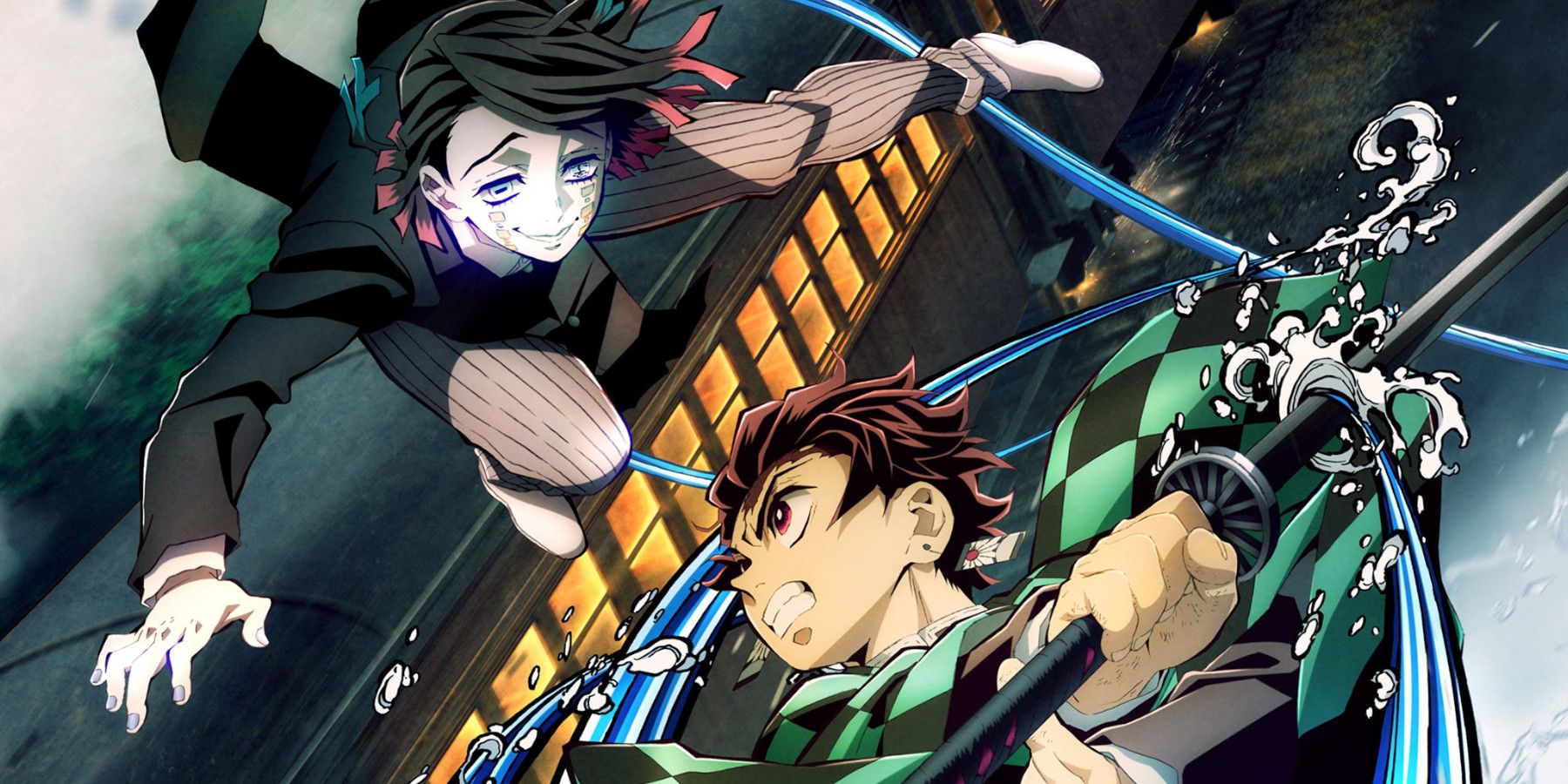
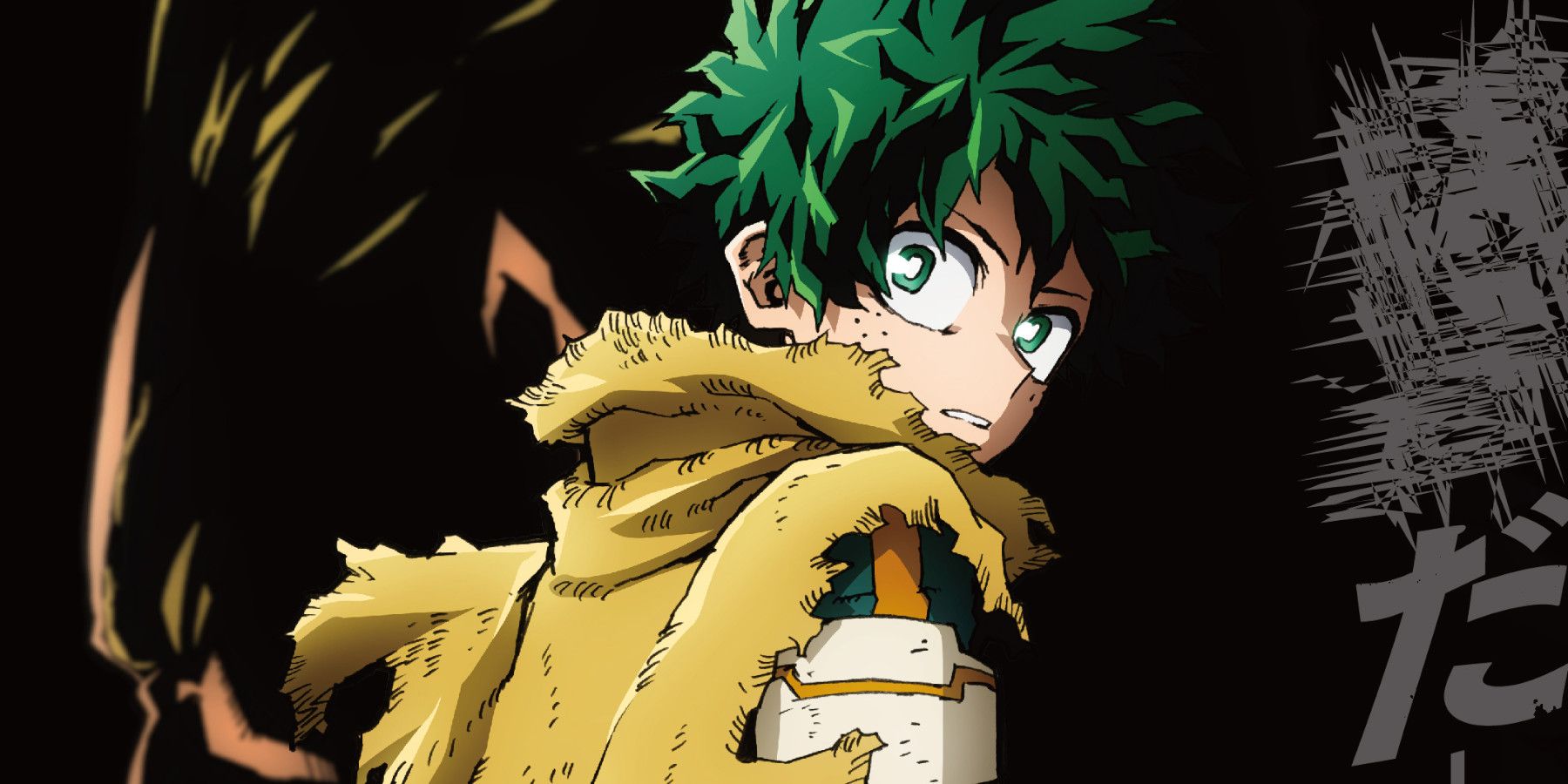
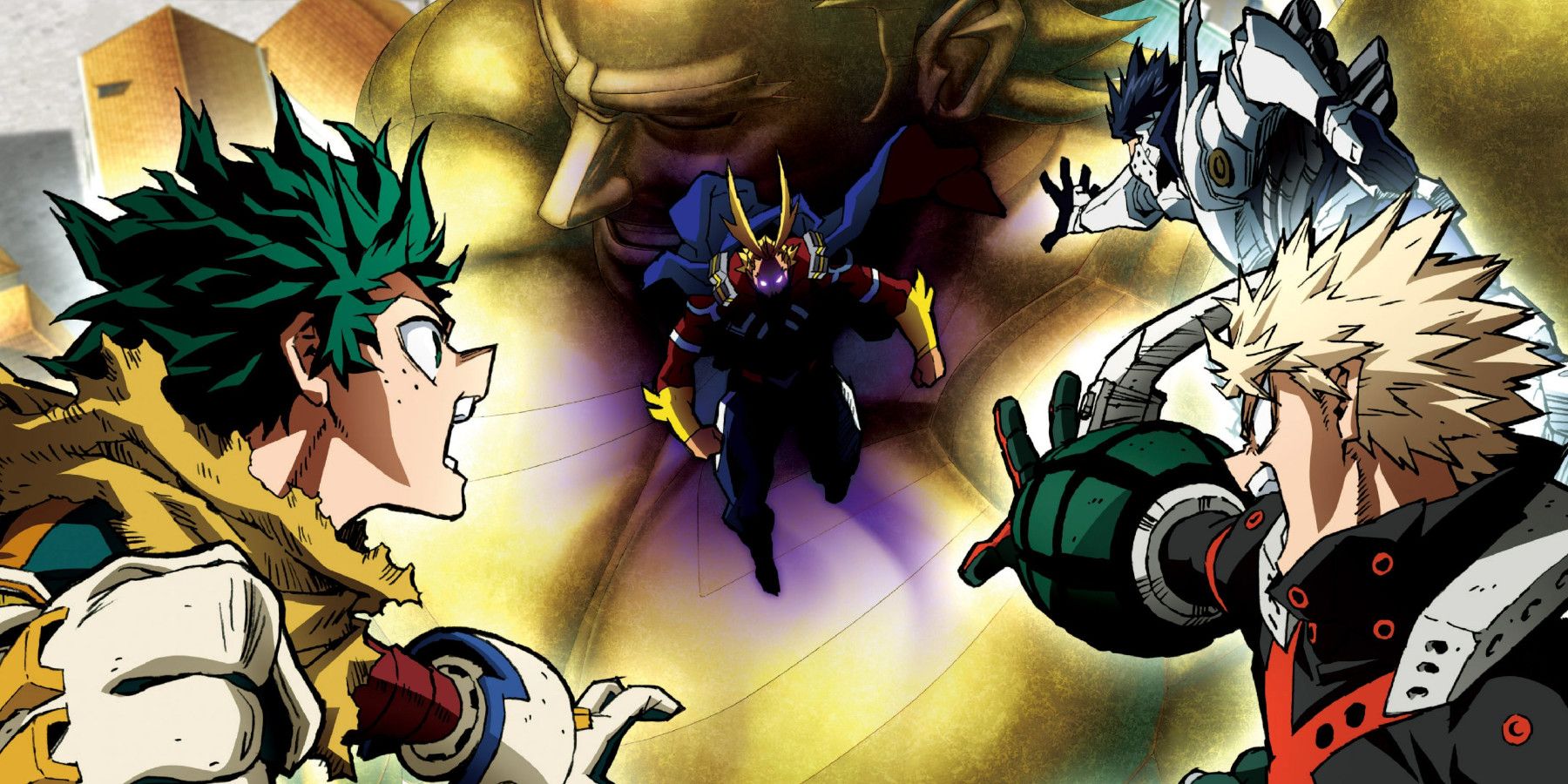
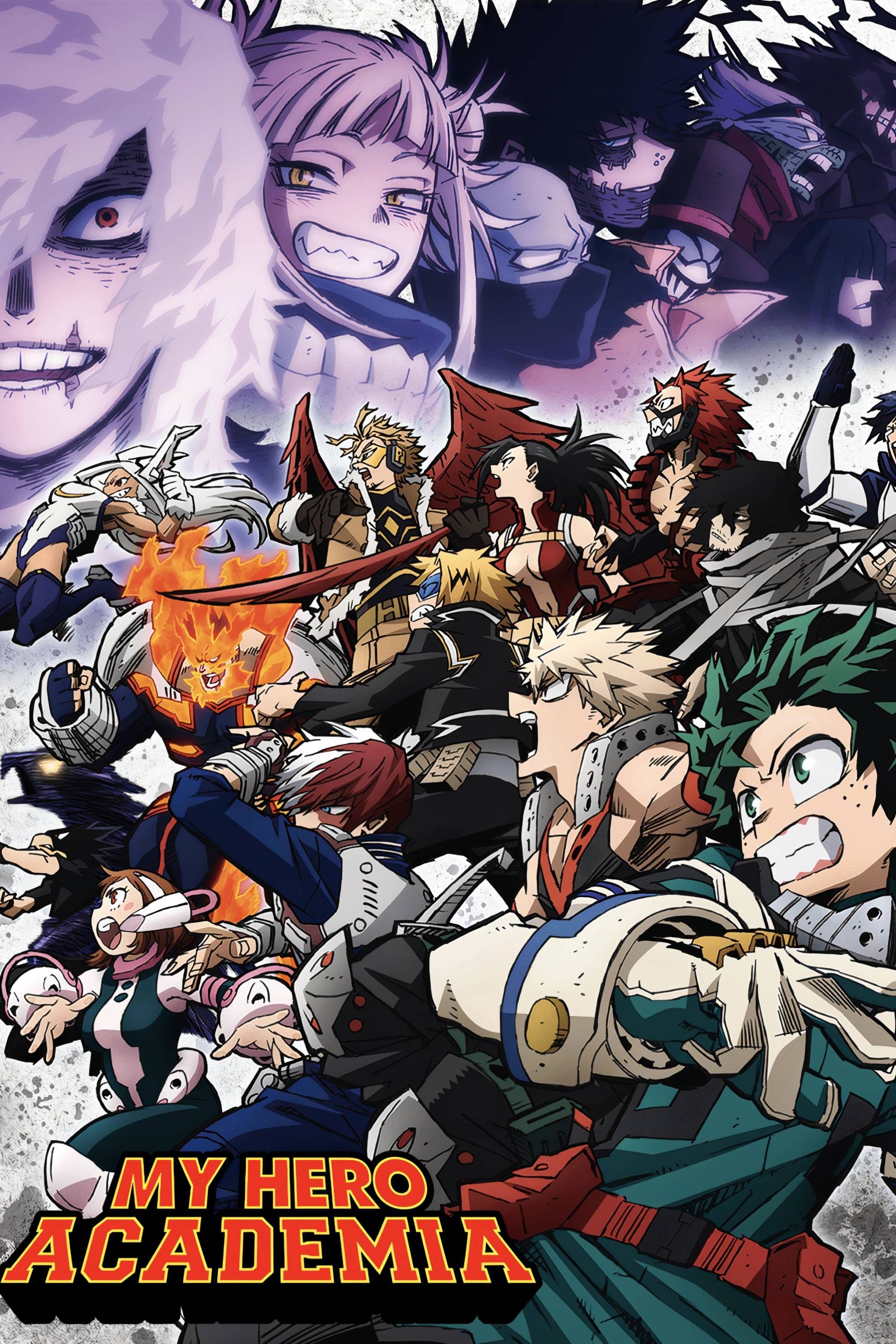
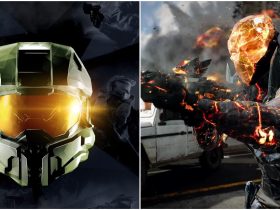

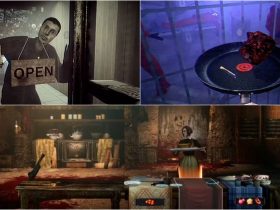

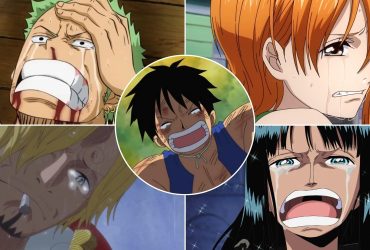
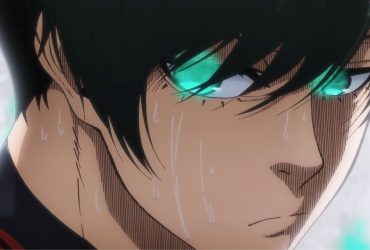
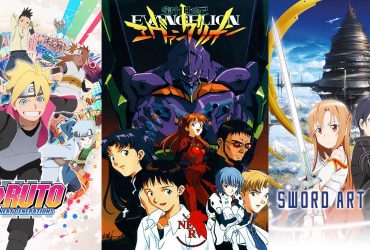
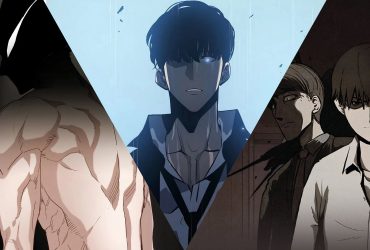
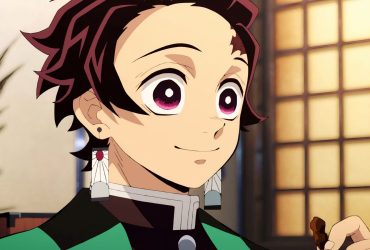
Leave a Reply